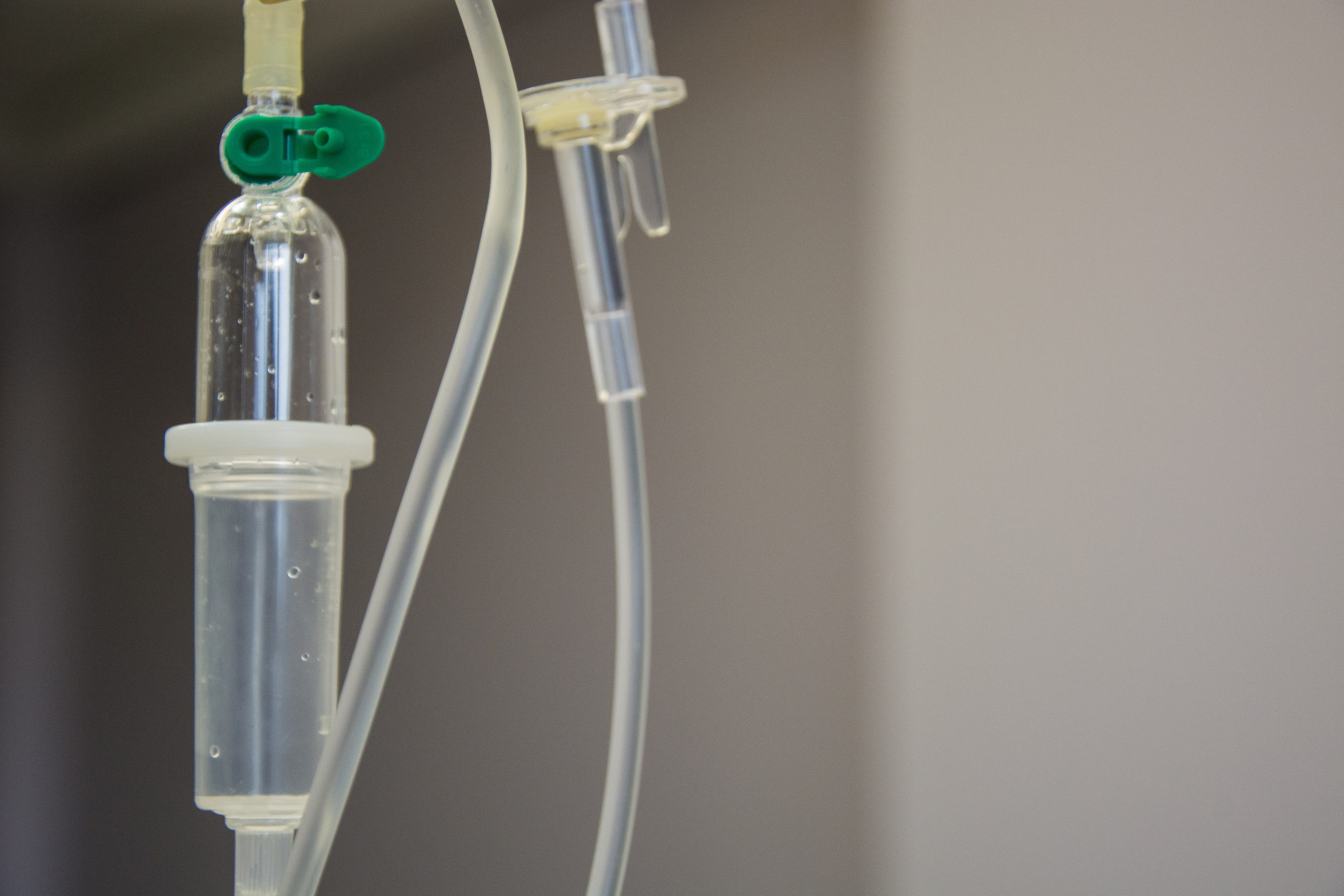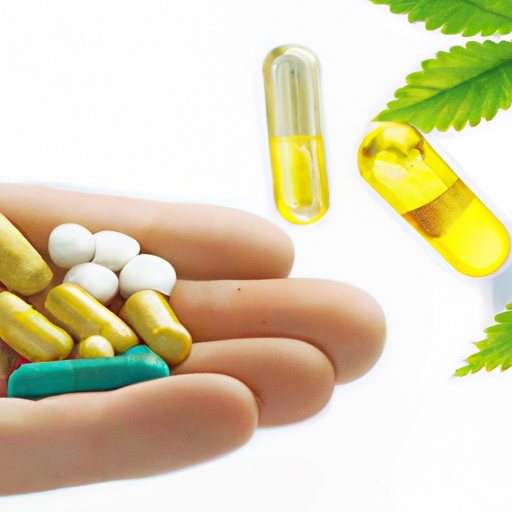If you’re curious about the best source of berberine, you’ve come to the right place. Berberine, a natural health supplement, is derived from plants such as barberry, tree turmeric, and goldthread. It has been used for centuries in traditional Chinese and Ayurvedic medicine due to its potential health benefits. Known for its anti-inflammatory, antioxidant, and antimicrobial effects, berberine is most well-known for its role in managing metabolic health. It can help regulate blood sugar levels and reduce cholesterol, making it a popular choice for individuals with type 2 diabetes or insulin resistance. However, it’s always important to consult with a healthcare professional before starting any new supplement, especially if you have pre-existing health conditions or are taking medications that may interact with berberine. Stay informed and discover the best source of berberine for your health needs.
Plant Sources of Berberine
There are several plants from which berberine can be derived, with three of the most popular sources being Berberis vulgaris (barberry), Berberis aristata (tree turmeric), and Coptis chinensis (goldthread).
Barberry (Berberis vulgaris)
Barberry, scientifically known as Berberis vulgaris, is a shrub native to Europe, North Africa, and Western Asia. The plant has a rich history in traditional medicine, with its roots, bark, and berries being used for their medicinal properties. Barberry is one of the most well-known sources of berberine.
Barberry contains a significant amount of berberine, making it a reliable plant source. The berberine content in the roots and bark of the barberry plant is particularly high. It is important to note that the berberine content can vary depending on the specific variety and growing conditions of the plant.
In addition to berberine, barberry also contains other beneficial compounds such as flavonoids and alkaloids, which contribute to its potential health benefits. These compounds are known to possess antioxidant and anti-inflammatory properties, further enhancing the therapeutic effects of barberry.
Barberry has been traditionally used for various ailments, including digestive issues, urinary tract infections, and skin conditions. It is also believed to support liver function and promote cardiovascular health. However, it is crucial to consult with a healthcare professional before using barberry or any other natural supplement.
While barberry is generally considered safe for most people when consumed in moderation, there are a few precautions to keep in mind. Barberry should be avoided during pregnancy and breastfeeding, as its safety in these situations has not been established. Additionally, barberry can interact with certain medications, so it’s essential to check for potential drug interactions before using it.
Tree Turmeric (Berberis aristata)
Tree turmeric, scientifically known as Berberis aristata, is a shrub native to the Himalayas and other mountainous regions of India, Nepal, and Bhutan. It has a long history of use in traditional Ayurvedic medicine, where it is valued for its medicinal properties.
Similar to barberry, tree turmeric also contains significant amounts of berberine. The roots and stem bark of the plant are the primary sources of berberine. However, the berberine content can vary depending on the specific plant variety and the extraction method used.
In addition to berberine, tree turmeric contains various other bioactive compounds such as berberine-9-O-beta-D-glucuronide and palmatine. These compounds contribute to the overall health benefits of tree turmeric and may have synergistic effects with berberine.
Tree turmeric has traditionally been used to support digestive health, promote a healthy immune system, and maintain optimal liver function. It is also believed to have antioxidant and anti-inflammatory properties, which can help protect the body against oxidative stress and inflammation.
As with any natural supplement, it is important to use tree turmeric with caution and under the guidance of a healthcare professional. Tree turmeric should be avoided during pregnancy and breastfeeding, as there is limited scientific research on its safety in these situations. It may also interact with certain medications, so it’s important to consult with a healthcare professional before use.
Goldthread (Coptis chinensis)
Goldthread, scientifically known as Coptis chinensis, is a perennial herb native to East Asia, particularly China and Japan. It has been widely used in traditional Chinese medicine for its various medicinal properties.
Goldthread is another plant source of berberine, with its rhizomes (underground stems) being the primary source of this compound. The berberine content in goldthread is relatively high, making it a valuable source of berberine for medicinal purposes.
In addition to berberine, goldthread contains other bioactive compounds such as coptisine, epiberberine, and palmatine. These compounds contribute to the overall health benefits of goldthread and may have synergistic effects with berberine.
Goldthread has traditionally been used for its antimicrobial properties, making it beneficial for treating infections. It is also believed to have anti-inflammatory effects, which can help alleviate inflammation-related conditions. Moreover, goldthread may support digestive health and help regulate blood sugar levels.
As with any natural supplement, it is important to exercise caution when using goldthread and consult with a healthcare professional, especially if you have any pre-existing health conditions or are taking medications. Goldthread should be avoided during pregnancy and breastfeeding, as its safety in these situations has not been well-studied. It may also interact with certain medications and should not be used without proper medical guidance.

Factors to Consider When Choosing a Berberine Source
When choosing a berberine source, there are several factors to consider to ensure you are selecting the best option for your needs.
Purity and Quality Control
It is important to choose a berberine supplement that is pure and of high quality. Look for products that have undergone rigorous quality control testing and are made by reputable manufacturers. Third-party testing and certifications can provide additional assurance of a product’s purity and quality.
Additionally, consider the form in which the berberine is available. Some supplements may contain berberine hydrochloride (HCl) or berberine sulfate, while others may contain the whole plant extract. Each form may have its own advantages and considerations, so it’s essential to choose the form that aligns with your specific needs.
Dosage Recommendations
The appropriate dosage of berberine can vary depending on the individual and the specific health condition being targeted. It is crucial to follow the recommended dosage guidelines provided by the manufacturer or as advised by a healthcare professional.
Start with a lower dosage and gradually increase it if necessary. As with any supplement, it is important not to exceed the recommended dosage without professional guidance.
Potential Interactions with Medications
Berberine has the potential to interact with certain medications, including antibiotics, anticoagulants, and medications metabolized by the liver. It is essential to consult with a healthcare professional, especially if you are taking any medications, to ensure there are no potential interactions or adverse effects.
Individual Health Conditions and Considerations
Individual health conditions and considerations should also be taken into account when choosing a berberine source. Certain conditions, such as pregnancy, breastfeeding, liver disorders, kidney disorders, or gastrointestinal issues, may require specific precautions or restrictions when using berberine. It is important to consult with a healthcare professional to determine the appropriate approach for your specific situation.
Professional Guidance and Consultation
Before starting any new supplement regimen, especially if you have pre-existing health conditions or are taking other medications, it is always recommended to consult with a healthcare professional. They can provide personalized advice and guidance based on your individual needs and circumstances.

Conclusion
Berberine is a natural health supplement derived from various plant sources, including barberry, tree turmeric, and goldthread. It has a wide range of potential health benefits, including anti-inflammatory, antioxidant, antimicrobial, and metabolic health benefits.
When choosing a berberine source, factors such as purity, dosage recommendations, potential interactions with medications, individual health conditions, and professional guidance should be taken into consideration.
While berberine can be a valuable addition to a wellness routine, it is essential to consult with a healthcare professional before starting any new supplement, especially if you have pre-existing health conditions or are taking other medications. They can provide personalized advice and ensure that berberine is safe and appropriate for your specific needs.
Always prioritize your health and well-being by making informed decisions and seeking professional guidance when necessary.








